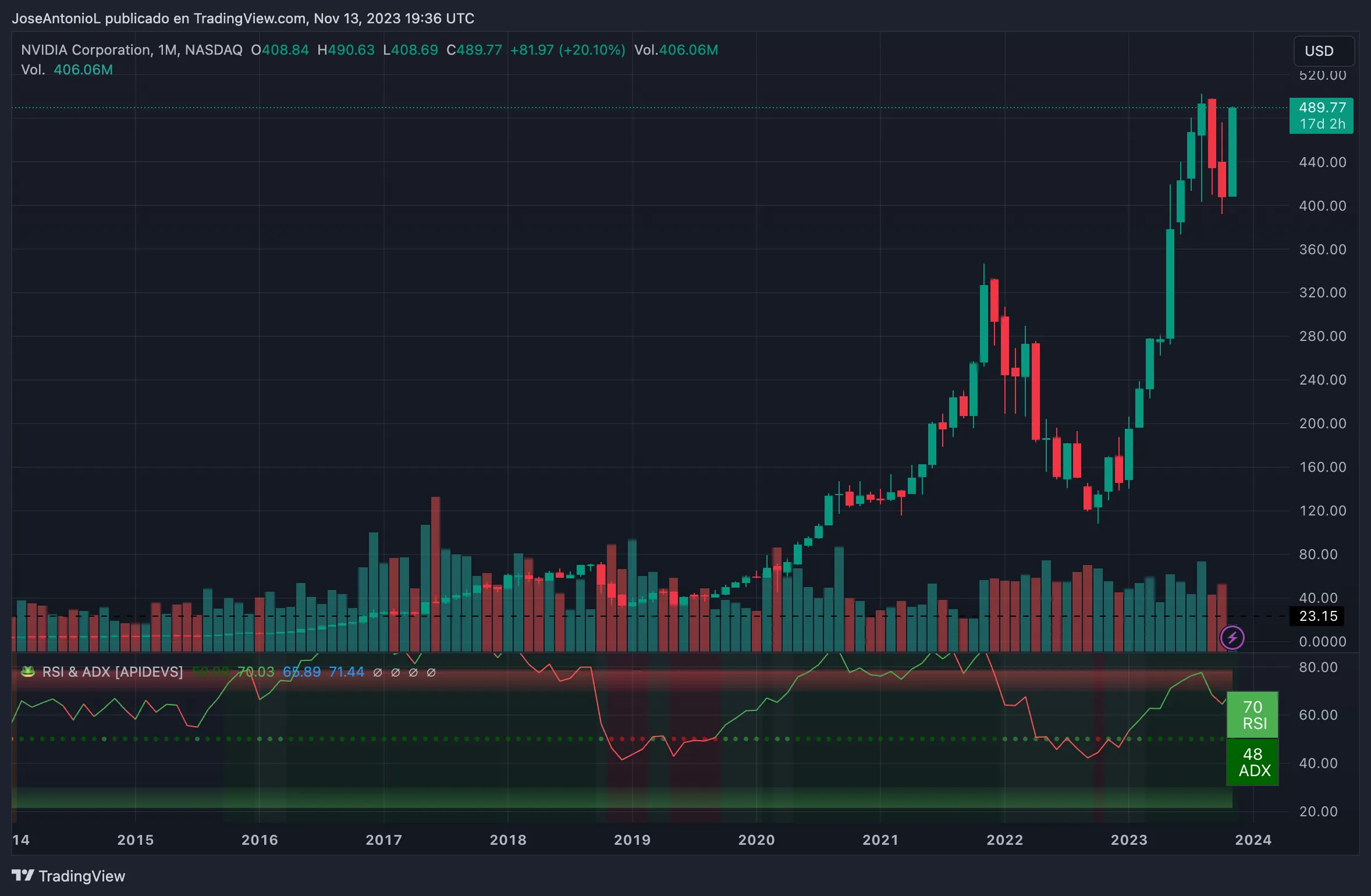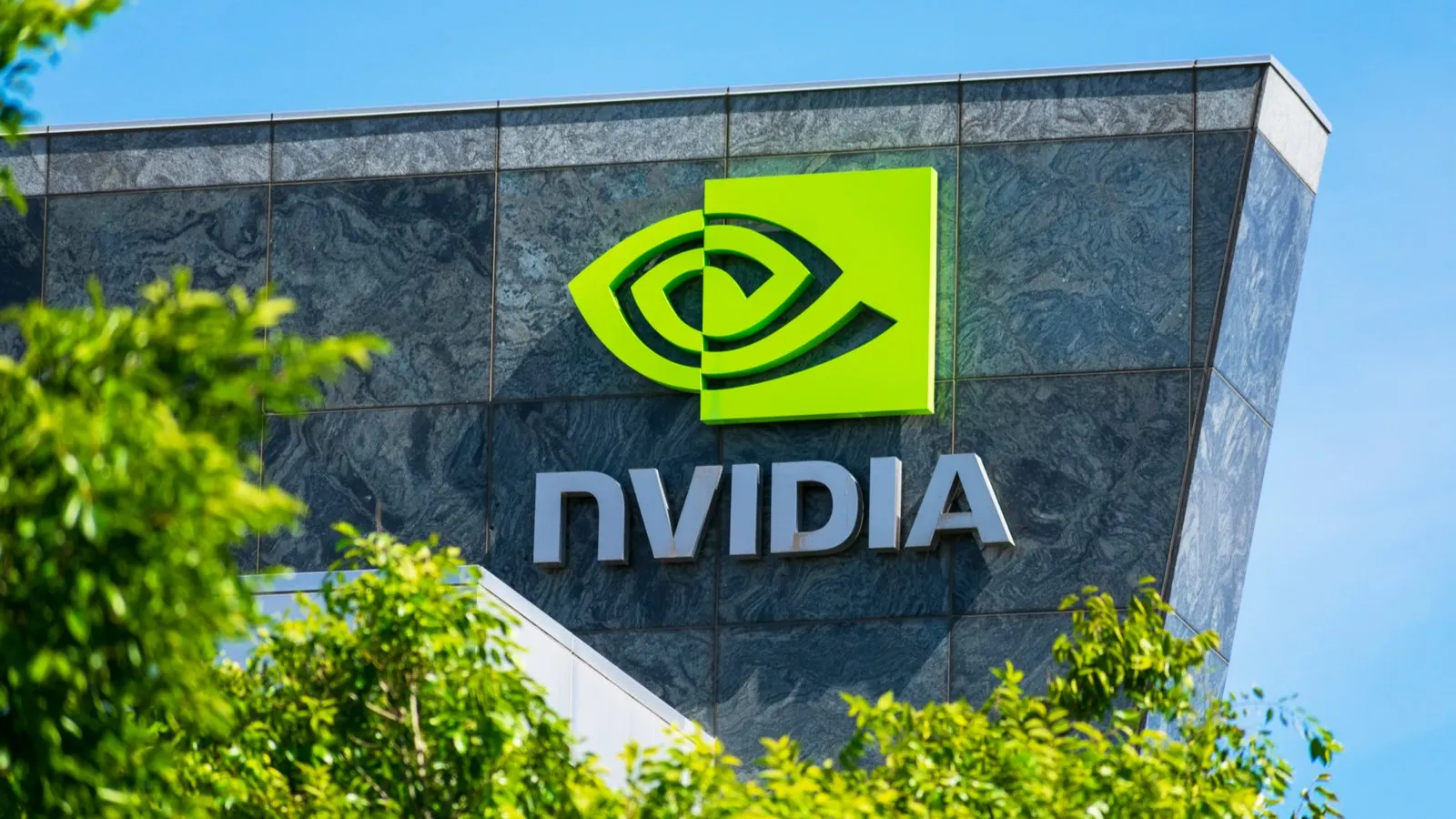It has been a breakout year for Nvidia, and it's not because of gaming or Bitcoin mining—2023 has seen the chipmaker not just participating in the AI revolution but driving it forward, with a laundry list of updates and upgrades that continue to set new benchmarks for computing power.
Ian Buck, Nvidia Vice President of high-performance computing and hyperscale data center business, invoked this sentiment at the company's Supercomputing 2023 event today, saying, “Computing stands as the bedrock of modern civilization, fueling scientific discovery, powering industrial automation, and birthing artificial intelligence.”
He pointed out that CPU performance grew 10,000 fold over the past 20 years, but that "that trajectory has stagnated" as "incremental gains... bring disproportionate costs and power increases."
Buck framed the day's announcements as part of "a new computing law."
Advances in supercomputing Hopper chips
Nvidia's update to its Hopper GPU chips, the Nvidia H200, delivers improved performance but also enables cost and energy efficiency, Buck said, accelerating industrial design and simulation—especially in the realm of data centers.
"The Nvidia H200 is the first GPU to offer HBM3e — faster, larger memory to fuel the acceleration of generative AI and large language models, while advancing scientific computing for HPC workloads," the company declared in an official announcement, its 14GB of memory processing 4.8 terabytes per second, "nearly double the capacity and 2.4x more bandwidth compared with its predecessor."
The Grace Hopper superchips, which merge Nvidia’s Grace and Hopper technology, power supercomputers built by major manufacturers like Dell and HPE. the GH200 is used in research and heavy computation tasks, offering a combined 200 exaflops—one quintillion floating point operations per second—of AI performance.
Top computing centers like Germany’s Jülich Supercomputing Centre and the University of Bristol are integrating the GH200 in their systems, Nvidia said. JUPITER, set to be Europe's first exascale supercomputer, will tackle pressing scientific challenges.
“Jupiter will be the world's most powerful AI supercomputer powered by nearly 24,000 GH200 Super chips, all interconnected via Nvidia InfiniBand,” Buck said.
Goodbye CPUs, welcome QPUs
Nvidia also talked about the development of quantum processing units (QPUs).
“As future supercomputers incorporate quantum processors, Nvidia is leading the way with an open programming model called CUDA quantum to facilitate this integration, steering towards the era of quantum accelerated supercomputing,” Buck said.
Integrating CUDA quantum into its computing platform has allowed researchers to simulate quantum processors, but Nvidia's contribution to quantum computing is not just theoretical. For instance, researchers at BASF utilized CUDA quantum to pioneer a hybrid quantum-classical method for simulating chemical catalysts. This could protect humans against harmful metals, for example. Similarly, Stony Brook and Brookhaven National Laboratory researchers are using Nvidia technologies to simulate particle physics, which could replace costly and time-consuming particle accelerator experiments.
Bbeyond computing hardware, the company points out that it supports AI-driven businesses, supplying hardware for startups and firms to train their models. Industry giants such as OpenAI and Stability AI rely heavily on Nvidia technology. This engagement is reflected in the company's impressive stock growth, which soared nearly 200% in 2023, cementing its position as one of the leading businesses powering the SP500.

The company's role as the engine behind numerous AI businesses, coupled with technological advancements such as the Hopper chips and the Nvidia H200, positions it at the forefront of the AI revolution. With the stock market reflecting this growth, and AI in the crosshairs of everyone, NVIDIA is having a big moment.
The future, it seems, is not just written in codes but also the silicon of Nvidia's groundbreaking chips.

